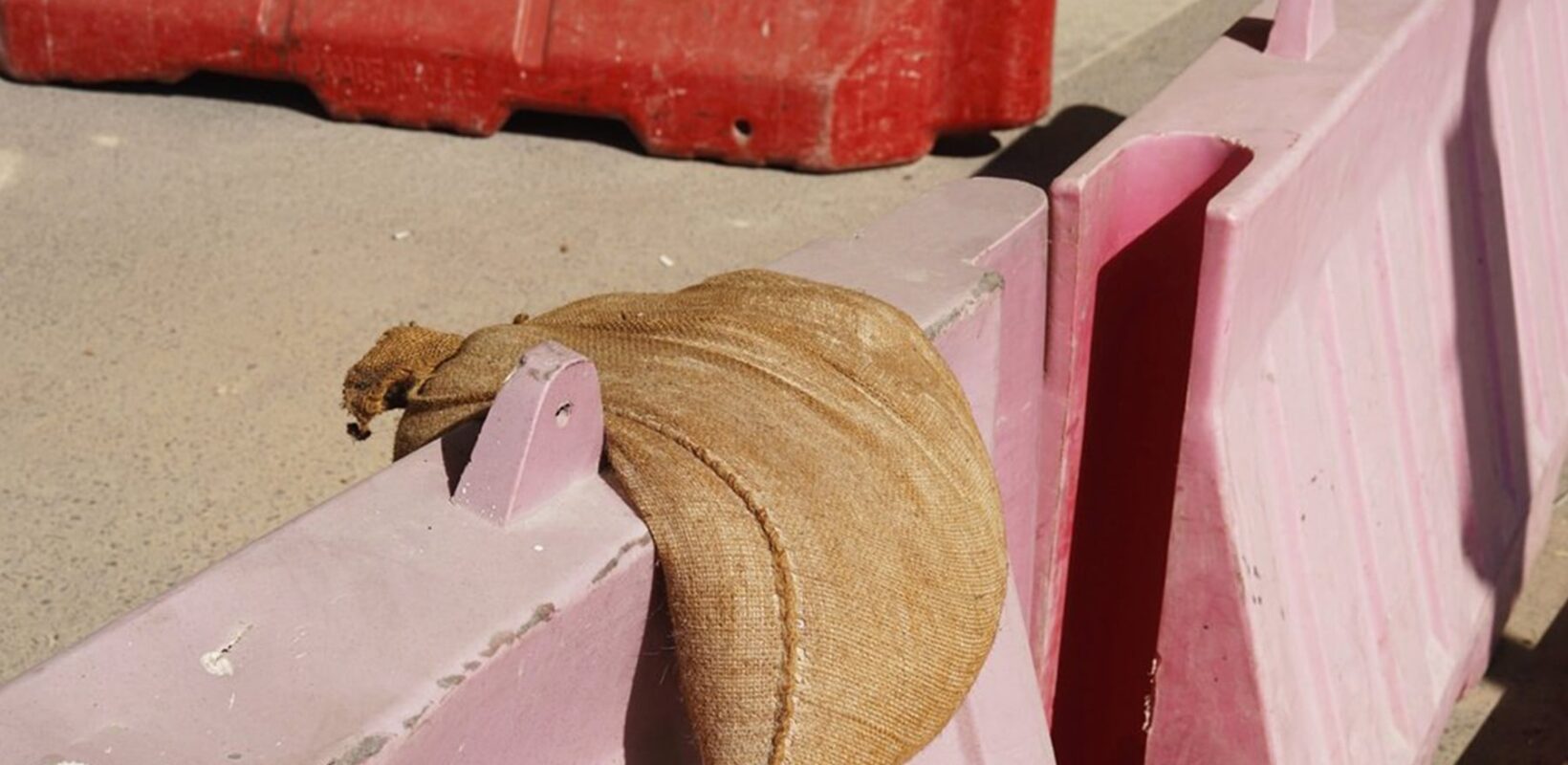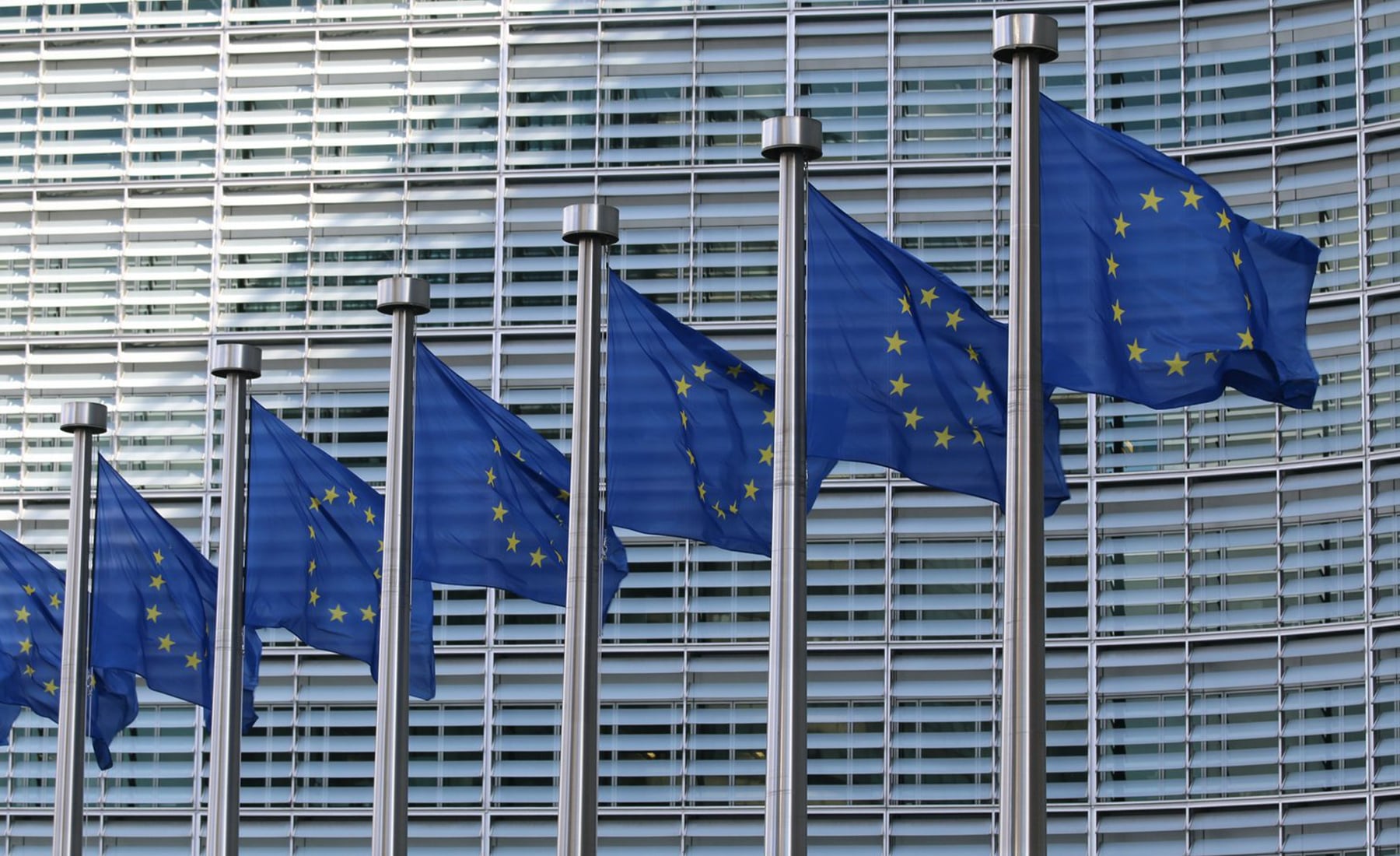
After Qatar 2022: strengthening human rights due diligence
The labour rights abuses associated with constructing the infrastructure for the World Cup in Qatar caught public attention in 2022 – and rightly so. However, this was not an isolated event and poor labour conditions are common in the Gulf region. In this blog our Senior Consultant, Timothy Perkin, writes about the importance of developing strong responsible sourcing management systems to eliminate labour rights abuses of migrant workers.
In the lead-up to FIFA World Cup Qatar 2022, an abundance of media reports were published concerning labour rights abuses associated with the construction of the infrastructure. By 2021, for instance, it was estimated that 6,500 migrant labourers had died in Qatar since the World Cup had been awarded. Additionally, there were numerous reports of severe labour violations such as harassment, discrimination and severely inadequate living and working conditions.
Although the World Cup hit the headlines, this was not an isolated event. Poor living and labour conditions for migrant workers have been reported throughout the Gulf region for many years, with country examples including the UAE and Bahrain.
Although commonly associated with construction and heavy industry, labour camps also provide accommodation for labourers in industries such as manufacturing, security, catering, chauffeuring and cleaning.
So, what do companies operating in (or sourcing from) the Middle East need to do to manage human rights risks?
There is still a long way to go in this area, and we find that many companies become overwhelmed at the sheer scale and severity of the issue. Kumi is here to help companies to approach challenges just like these. Whilst the stories that emerged from FIFA World Cup Qatar 2022 shocked us all, the raised profile of the issue is an opportune catalyst for companies to change.
The Gulf region or labour camps should not be stigmatised or blacklisted. Instead, companies operating in, and sourcing from, the region need to be aware of the human rights risks and undertake sufficient supplier due diligence to identify specific risks. This means developing adequate management systems to identify and manage the greatest risks of harm to people.
To identify human rights risks, companies should engage with their suppliers and undertake site assessments of labour providers to identify the key risks. In doing so, companies should go beyond the social auditing model to establish whether a supplier has management systems to identify and manage risks and impacts itself. It is no use relying on an audit for managing social risks if the supplier itself is not take responsibility for operating responsibly.
How Kumi is helping companies develop systems for human rights due diligence
Kumi helps clients to develop effective due diligence management systems that go beyond the social auditing model. This is particularly important considering the expanding due diligence regulatory landscape. Whilst many of the legal requirements for supply chain due diligence are within European jurisdictions (e.g. the EU, Germany and Norway), many companies operating in the Middle East are implicated by the laws as they are key suppliers to European companies. The bar is also raising and companies all over the world will need to meet the requirements if they are to be seen as taking human rights and sustainability seriously.
We are working with a leading metals company dealing with risks relating to migrant labour. Our strategic advice involves helping them to develop appropriate supplier due diligence procedures, such as initial supplier ESG (environment, social and governance) questionnaires, site assessment protocols, risk management plans, and supplier capacity-building programmes. As a result of the engagement with our responsible sourcing consulting team, the company has integrated responsible sourcing into the heart of its corporate strategy and has a robust management system for identifying and managing supplier risks.
If you’d like to know more about how Kumi can support you strengthen your company’s approach to responsible sourcing, please get in touch.

